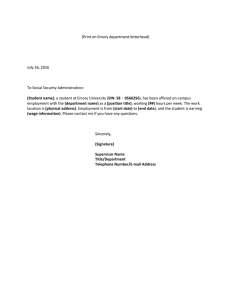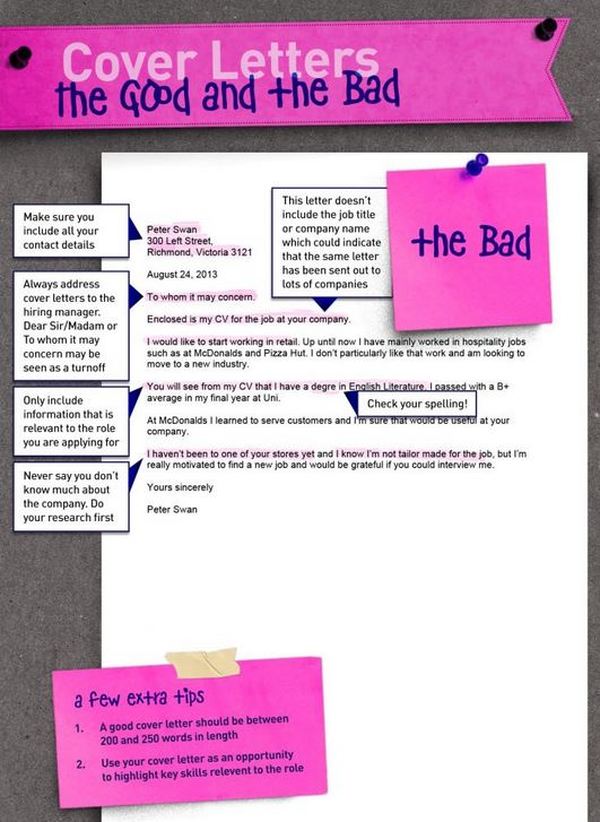

DON'T use a generic or gender-specific greeting (find a name).Proofread, proofread, proofread - especially the recipient's name. But everybody knows when their name is misspelled. WRONG! It would be fine, except the guy’s name is Radcliffe with an “e.” Some folks might not notice a typo like manger instead of manager (though most will), and hardly anybody will get miffed about a comma instead of a colon. For example, if you’re writing a cover letter as part of a job application and it’s not clear from the job posting who will be reviewing your application, you may choose to start your letter with To Whom It. Many workplaces today are informal, and it's typical to move quickly to a first-name basis, but let "Steve" be the one to decide when. Traditionally, the phrase To Whom It May Concern is used in business correspondences when you don’t know the recipient’s name or you’re not writing to a specific person. A cover letter is a formal piece of business correspondence, so keep it formal until you've established a relationship. WHY? First names are too informal, unless you and "Steve" have already been corresponding and he has clearly set the standard of using first names only. It’s (marginally) better to say Dear Marketing Manager than Dear Sir or Madam. WHY? Let’s see… "Dear Sir or Madam" is dated, stuffy, awkward, and has the same problem as "Whom." (And don’t EVEN get me started if you try just Dear Sir.) Get a name! If you really, truly can’t find the hiring party’s name, use their job title. It demonstrates your attention to detail. Check the company web site or make a phone call to find out who "Whom" is. WHY? "To Whom It May Concern" just sounds lazy and form-letterish. WHY? "Miss" and "Mrs." are archaic in business settings, because marital status is irrelevant. "Ms." is the business-appropriate way to address a woman – unless of course she’s earned a title such as Dr., Rev., Sgt., or Prof. In fact, there are at least five common mistakes people make in their cover letter greetings, any of which might affect their chances of getting an interview. How can you screw that up?Īh, we have our ways. After all, it has only four little parts: the Dear, the Title (Mr., Ms., Dr., etc.), the Last Name, and the Colon.

You probably think the greeting of your cover letter (the "Dear." line) is pretty simple.


 0 kommentar(er)
0 kommentar(er)
